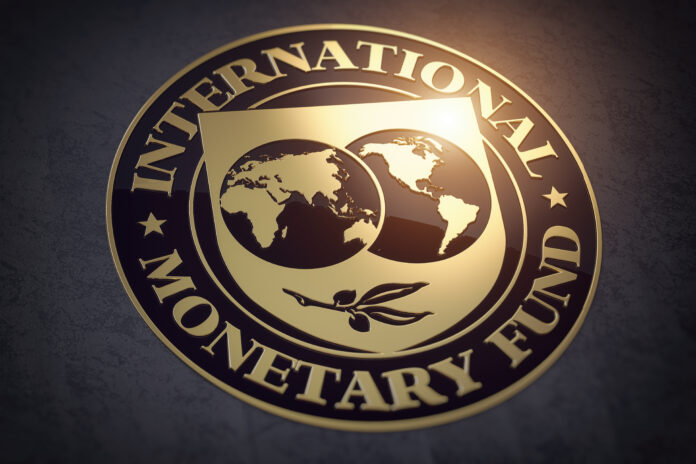The International Monetary Fund (IMF) has said Pakistan will get $1.2 billion in “immediate disbursal” as it granted approval for a loan of $3 billion to the South Asian nation.
The loan “aims to support immediate efforts to stabilise the economy and guard against shocks while creating the space for social and development spending to help the people of Pakistan,” the IMF said in a statement.
Pakistan has suffered from a balance-of-payments crisis as it tries to service external debt. Inflation has skyrocketed, the rupee has reached a record low against the dollar and the country is struggling to afford imports, causing a severe decline in industrial output.
Welcoming the IMF announcement, Pakistan Prime Minister Shehbaz Sharif said the loan approval is a “major step” forward in Islamabad’s effort “to stabilise the economy and achieve macroeconomic stability.”
“It bolsters Pakistan’s economic position to overcome immediate to medium-term economic challenges, giving the next government the fiscal space to chart the way forward,” Sharif said on Twitter.
Pakistan has also received $1 billion in financial assistance from the United Arab Emirates and $2 billion from Saudi Arabia in an attempt to prop up the South Asian nation’s depleting foreign reserves and contain a mounting balance of payment crisis.
Pakistan’s Finance Minister Ishaq Dar, in a televised speech, said that the financial assistance will help “resolve” the country’s foreign reserves problem.
Subscribe to our newsletter and stay updated on the latest news and updates from around the Muslim world!
Pakistan’s foreign reserves have now reached over $13 billion after the financial assistance deal with the International Monetary Fund (IMF), he said.
With the fresh transfers, he said, the country’s forex reserves will reach $13-14 billion by Friday. The State Bank of Pakistan will announce the exact numbers, he added.
Dar said that Islamabad would receive the remaining $1.8 billion from the IMF after two reviews in November this year and February 2024.
The International Monetary Fund (IMF) typically imposes certain conditions, known as “conditionalities,” when providing loans to member countries.
These conditions are supposedly designed to promote economic stability and sustainable growth in the borrowing country.
The specific conditions imposed by the IMF vary depending on the circumstances and needs of the country requesting assistance.



















